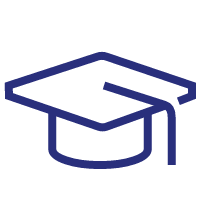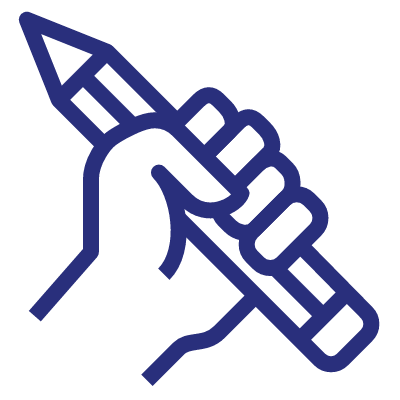Help students access their true potential with TECHNICAL WRITING FOR SUCCESS, Fourth Edition! This engaging and practical approach to workplace writing helps you guide students in the process of thinking, listening, researching, planning, composing, revising, and editing documents for use in business, science, hi-tech, and other demanding fields. Packed with active learning features from Cengage, this text makes it easy to show the importance of regular writing practice as students produce their own proposal content, manual instructions, informative briefs, lab reports, news releases, and other documents they won’t see in general communications courses. Sample documents, critical thinking questions, expanded content on oral presentations, and insightful writing advice on style and voice add to this inclusive text—empowering you empower tomorrow’s best technical writers.
- Communication Dilemma & Focus on Ethics: Present real-world work issues to develop critical thinking and ethical decision-making.
- Communication Technologies: Introduce modern tools for writing, researching, and presenting professional documents.
- Technical Reading: Teach strategies for interpreting complex information and planning effective writing.
- Reflection, Warm-Up & Stop and Think: Encourage deeper engagement and self-assessment before and after each chapter.
- Sample Documents: Provide real-world examples of technical writing to guide student assignments.
- Inside Track: Offers 20+ pages of advanced tips to refine technical writing style and skills.
- Writing in the Disciplines: Connects academic writing to real-world careers through “Writing @ Work” vignettes.
- Explore the Net: Guides students in using online research to support and strengthen their writing.
- Expanded Technical Research: Covers formatting and presenting data from surveys, interviews, and experiments.
- What is technical writing?
- Audience and purpose
- Technical research
- Writing process
- Brief correspondence
- Document design and graphics
- Writing for the web
- Informative reports
- Investigative reports
- Instructions.
- Employment communication
- Presentations
- Recommendation reports
- Proposals
- Ethics in the workplace
- Technical reading
Darlene Smith-Worthington, Pitt Community College (Retired)
Darlene Smith-Worthington is a former instructor and administrator for Pitt Community College in Winterville, North Carolina, where she taught technical writing for two decades. Recently retired, she also edited a weekly newspaper, directed public relations, and managed a small business during her 30-year professional career. Ms. Smith-Worthington feels passionate about education and strives to produce instructional materials that are engaging, based in reality, and useful.
Sue Jefferson
Sue Jefferson has taught technical writing for more than ten years. Currently a community college instructor, she has also taught in middle school and high school, and owned and managed several businesses. Ms. Jefferson uses her business background and teaching experience to develop practical materials and instructions that prepare students for meaningful, lifelong careers.









